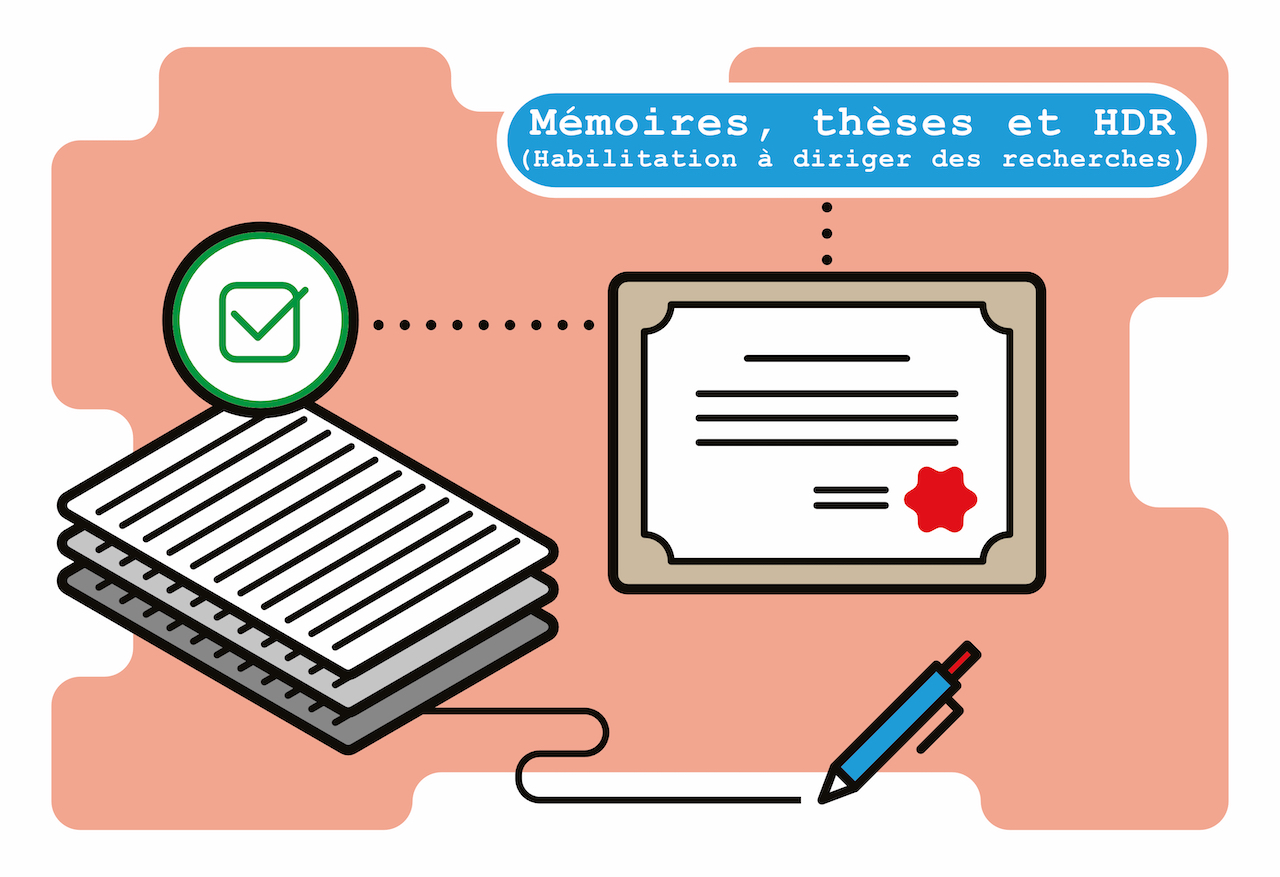Le théâtre anarchiste classique en région parisienne entre 1895 et 1914 dans les journaux libertaires : chronique d’un théâtre populaire, éducatif et politique oublié Belle Époque anarchist theatre in the Paris region, 1895-1914 : chronicles of a forgotten political, popular, and educational theatre
Fiche du document
29 septembre 2023
- ISIDORE Id: 10670/1.4b442a...
- 2023PA080014
Accessible à tous·tes , Toute reproduction même partielle est interdite sans la citation et/ou accord exprès de(s) l'auteur(s) ou ayant-droit(s)
Mots-clés
Anarchisme classique Libertaire Paris Belle-Époque Théâtre militant Théâtre populaire Propagande Action directe Éducationnisme Anarchism Left-libertarian Paris Belle Époque Activist theatre Popular theatre Propaganda Direct action EducationnismSujets proches
Stage Dramatics Histrionics Theatre Professional theater Anarchism and anarchists Representaciones teatrales Teatro--Representaciones Art théâtral Théâtre (arts du spectacle) Art du théâtre Scène Communistes libertaires Socialistes libertaires LibertairesCiter ce document
Mayer, « Le théâtre anarchiste classique en région parisienne entre 1895 et 1914 dans les journaux libertaires : chronique d’un théâtre populaire, éducatif et politique oublié », Octaviana, ID : 10670/1.4b442a...
Métriques
Partage / Export
Résumé
Grâce au dépouillement systématique de trois organes de presse anarchistes majeurs de la Belle Époque, cette recherche présente les multiples utilisations que les anarchistes classiques de la région parisienne font de l’art dramatique dans le cadre des colonnes de leurs journaux, mais aussi dans leur vie quotidienne. Les libertaires se font tour-à-tour producteurs, dramaturges, comédiens, metteurs en scène et historiens du théâtre. Ils publient des articles sur l’art dramatique, des formats théâtraux, des bibliographies théâtrales et diffusent un nombre très important d’événements relatifs au théâtre. Les annonces de causeries, conférences, lectures, visites et représentations rythment le quotidien du lectorat qui est invité à s’instruire et se divertir en compagnie de camarades, ouvriers et militants. …/…Les anarchistes désirent mettre en place un véritable théâtre populaire qui pourra, dans la société future, être un théâtre du peuple. L’art dramatique est envisagé à court et long terme selon deux perspectives. D’un part, il est mobilisé par les compagnons comme un outil capable d’aider à l’évolution et la transformation de la société. D’autre part, les militants idéalisent l’art dramatique du futur, qui seul pourra se développer dans une société émancipée. ;;;/…Le théâtre devient outil d’instruction, de partage et de propagande utilisé de manière récurrente, véritable outil de praxis évolutionnaire pour les libertaires fin de siècle. Il est un moyen d’action directe dont les mises en pratique répétitives participent de la transformation de l’environnement, tant social que politique ou économique en esthétisant anarchistement le quotidien des travailleurs.
